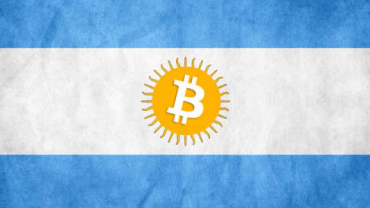Chinese Prosecutors Charge More Suspects in $2B Onecoin Scam
Prosecutors in China’s Hunan Province have filed charges against four more individuals suspected of involvement in the supposed ‘Weika Coin’ scam. ‘Weika coin’ is the Chinese name for OneCoin – the implied $2 billion pyramid scheme that has recently gotten much attention from the media.
In a statement released by the Supreme People’s Procuratorate, the highest Chinese government agency responsible for investigation and prosecution, said the latest charges bring to 98 the total number of people arrested for allegedly duping investors across more than 20 provinces in China as well as some foreign jurisdictions.
The news release stated that “the Zhuzhou County Procuratorate investigated 106 people, filed a public prosecution of 98 people, and recovered nearly 1.7 billion Yuan [$266 million] of funds involved in the case. This was the largest number of people involved in the investigation and prosecution, and the largest amount of economic loss recovered.”
An official report disclosed that the Chinese authorities started their investigation in the suspected pyramid scheme in September 2017, conducting it in three phases. Some defendants have already been sentenced to up to four years in prison and/or with fines ranging from 10,000 Yuan to 5 million Yuan ($1.565 to $783,000).
The multi-level marketing scheme victimized nearly two million people who invested as much as 15 billion Yuan ($2 billion). According to prosecutors, the perpetrators eluded financial supervision by depositing the money in foreign accounts, thus “seriously endangering national financial security and stability.”
The Chinese authorities added that they were overseeing a prosecution summary meeting to assess the work done so far as well as conduct “a review of inadequacies and handling measures, rethinking the process of handling cases, examining methods of handling, extracting methods for optimal processing of cases, and ensuring the quality of case handling.”
The One Coin scheme was reportedly started by a Bulgarian national Ruja Ignatova, who became the subject of investigations by law enforcement agencies around the world on suspicion of criminal activities.
Last July, the Navi Mumbai Police’s Economic Offences Wing in India filed formal charges against Ignatova before the Thane Sessions Court, accusing her of running a Ponzi scheme and defrauding victims out of about $11.4 million.





